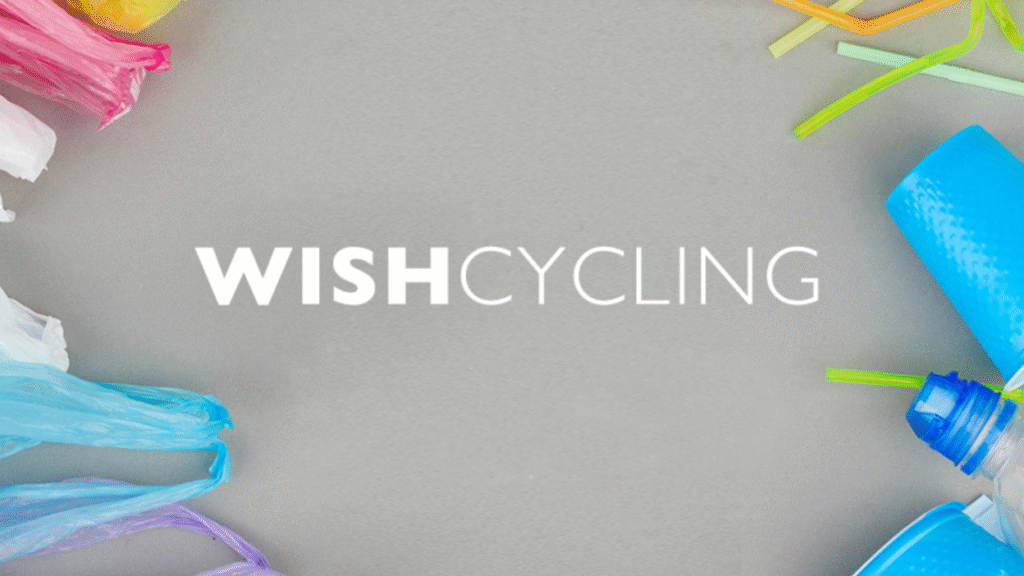Many people engage in recycling with sincere intentions to help the environment. However, a practice known as “wishcycling”—placing non-recyclable items into recycling bins in the hope they will be processed has emerged as a significant global issue. While well-intentioned, it causes significant harm to the recycling process.
This misguided behaviour leads to the contamination of recycling streams, increased processing costs, and environmental harm. Items such as greasy pizza boxes, plastic bags, and certain plastics often end up causing more harm than good. According to the United Nations Environment Programme (UNEP), improper sorting by consumers is a significant barrier to efficient recycling.
Wishcycling affects both developed and developing countries. In the United Kingdom, the Department for Environment, Food and Rural Affairs (DEFRA) reported in 2022 that over 80% of households include non-recyclable items in recycling bins, resulting in contamination. Similarly, the U.S. Environmental Protection Agency (EPA) noted in its 2023 report that confusion about what is recyclable contributes to waste mismanagement.
In India, the Central Pollution Control Board (CPCB) indicated that only 30% of the 3.4 million metric tons of plastic waste generated annually is effectively recycled. Much of the waste is incorrectly segregated or ends up in informal recycling channels, making wishcycling a contributor to urban waste problems. Despite the Swachh Bharat Mission’s efforts, municipal bodies still struggle with awareness and infrastructure gaps. The Ministry of Environment, Forest and Climate Change (MoEFCC) has emphasized the need for Extended Producer Responsibility (EPR) and education to address these issues across the country.
Solving wishcycling demands systematic changes and public participation. Clear communication and public education are fundamental. Government agencies, including the European Environment Agency (EEA), advocate for standardized recycling labels and awareness campaigns. In 2024, UNEP called for harmonized recycling systems worldwide to reduce confusion and improve recovery rates. Technological innovations in sorting infrastructure, supported by policy reforms, are also crucial.
Wishcycling may stem from good intentions, but its consequences are costly and far-reaching. It threatens recycling efficiency, increases burdens and delays progress toward sustainable waste management. Governments, industries, and individuals must collaborate to improve education and infrastructure, including reducing waste. A shift in recycling behaviour is urgently essential worldwide.

